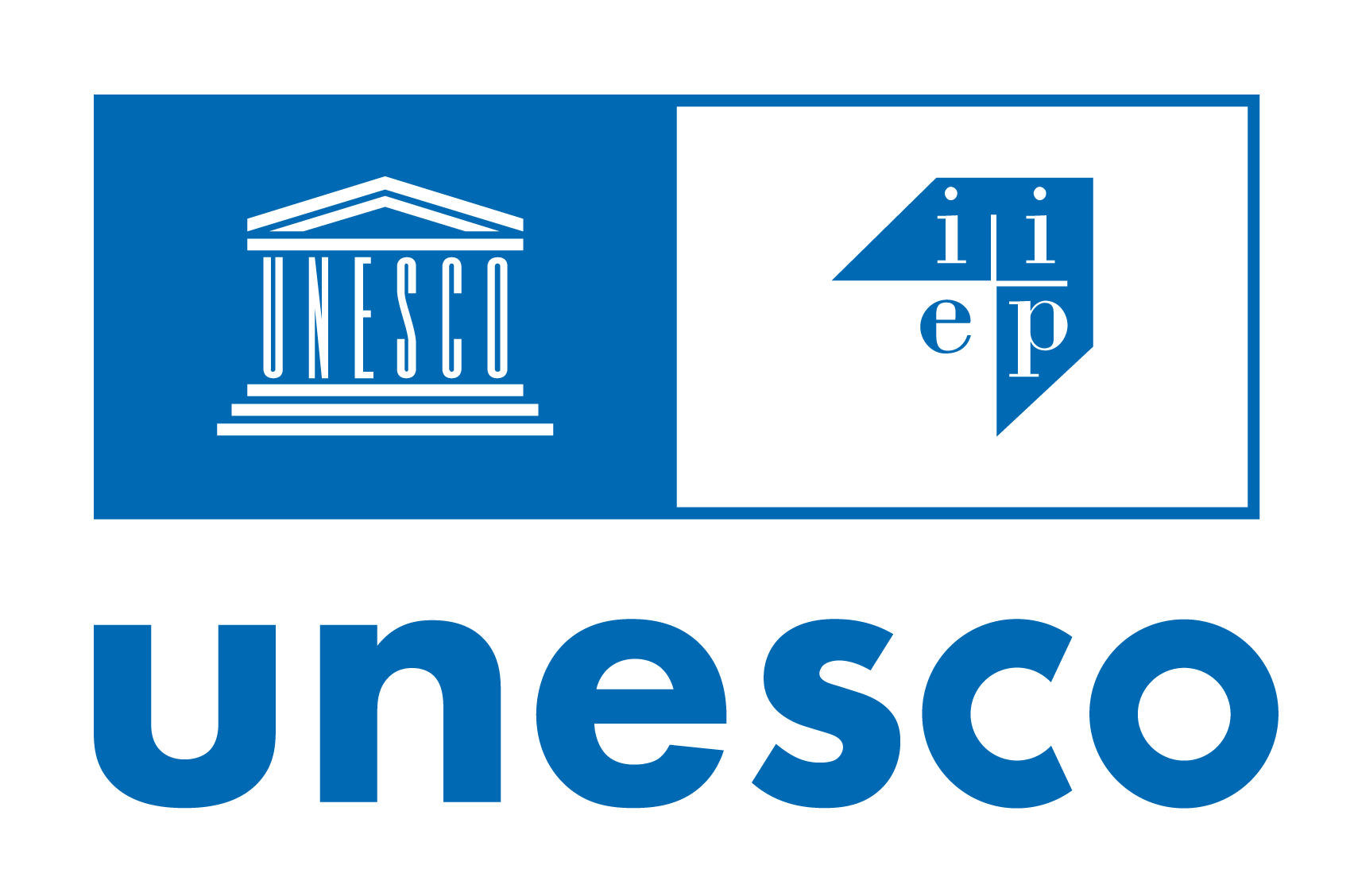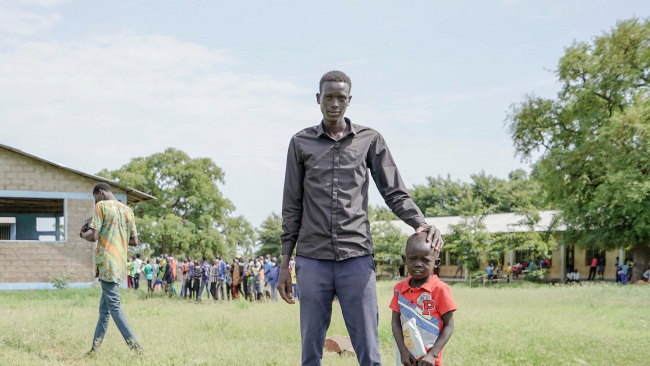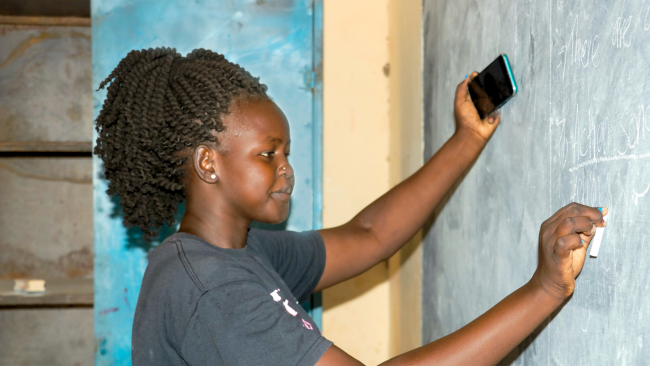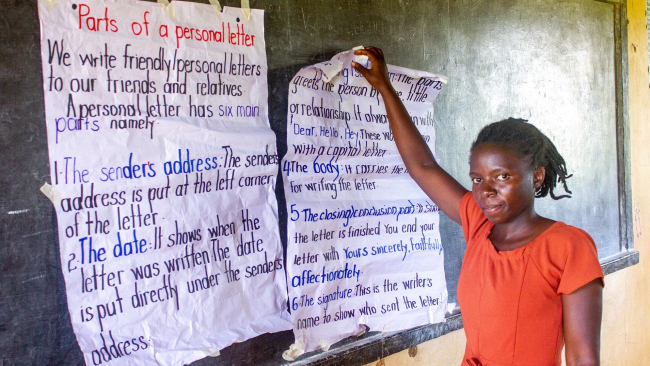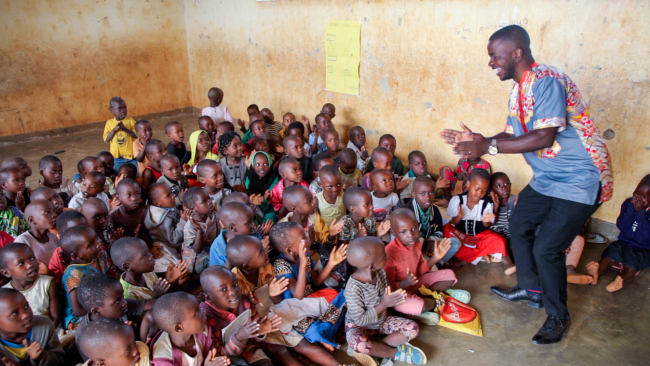One year after the first school closures, with COVID-19 continuing to force public decision-makers to grapple with extremely difficult decisions, it is timely to ask what the consequences of school shutdown and reopening choices have been, and if better choices regarding school responses could be made as the pandemic continues to unfold.
In early 2020, nearly all governments responded to COVID-19 by prioritising public health, closing schools and locking down the economy. Since then, policies and timelines have diverged significantly between countries. To better inform education-related decision-making, Insights for Education has been tracking national school reopening and practices since school shutdowns began. Drawing on the previous syntheses published in Insights for Education’s October 2020 report COVID-19 and Schools: What We Can Learn from Six Months of Closures and Reopening1 that showed no consistent pattern between school status and COVID-19 cases, this new analysis focuses on the next set of questions asked by policymakers.
This one-year review challenges the widespread assumption that there is an inevitable trade-off between public health, opening schools and protecting the economy. It spotlights practices associated with better outcomes.
